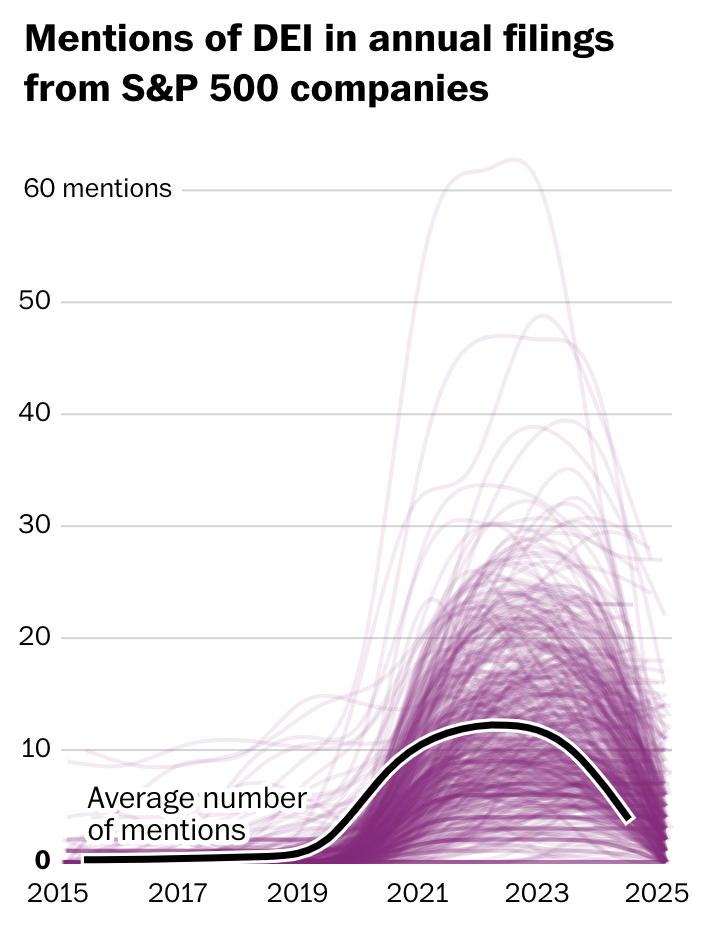Glittering Heights: Gold Prices Soar to Unprecedented Levels

The recent surge in gold prices is triggering a wave of investment and transformation across Africa's mineral-rich landscapes, bringing both opportunity and complexity to gold-producing nations. As global markets witness a dramatic uptick in gold values, African countries are experiencing profound economic and environmental ripple effects.
The current price spike has ignited renewed interest in gold mining, attracting international investors and local entrepreneurs eager to capitalize on the precious metal's increased market value. However, this economic enthusiasm comes with significant challenges, particularly in environmental sustainability and community welfare.
Gold-rich nations like Ghana, South Africa, and Tanzania are finding themselves at a critical crossroads. While the potential for economic growth is substantial, the mining activities raise critical questions about ecological preservation and the long-term impact on local communities. Traditional mining practices often clash with modern environmental standards, creating a delicate balance between economic development and environmental conservation.
Local communities are experiencing complex transformations, with some benefiting from increased economic opportunities while others face displacement and environmental degradation. The gold rush is not just an economic phenomenon but a multifaceted social and ecological narrative that continues to unfold across the African continent.
As gold prices continue to climb, stakeholders—including governments, mining companies, environmental organizations, and local communities—must collaborate to ensure sustainable and equitable development that respects both economic potential and environmental integrity.








